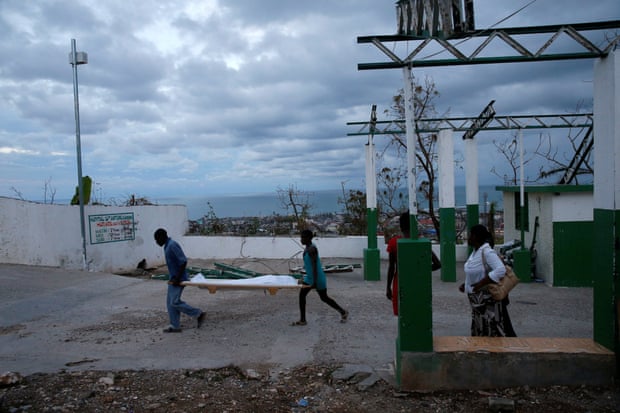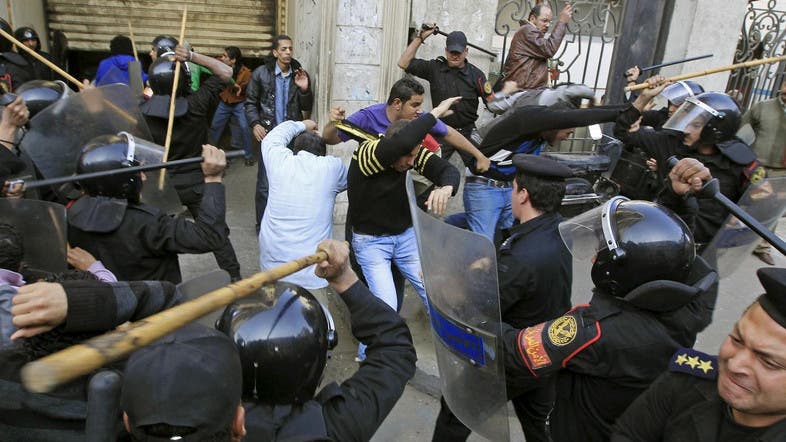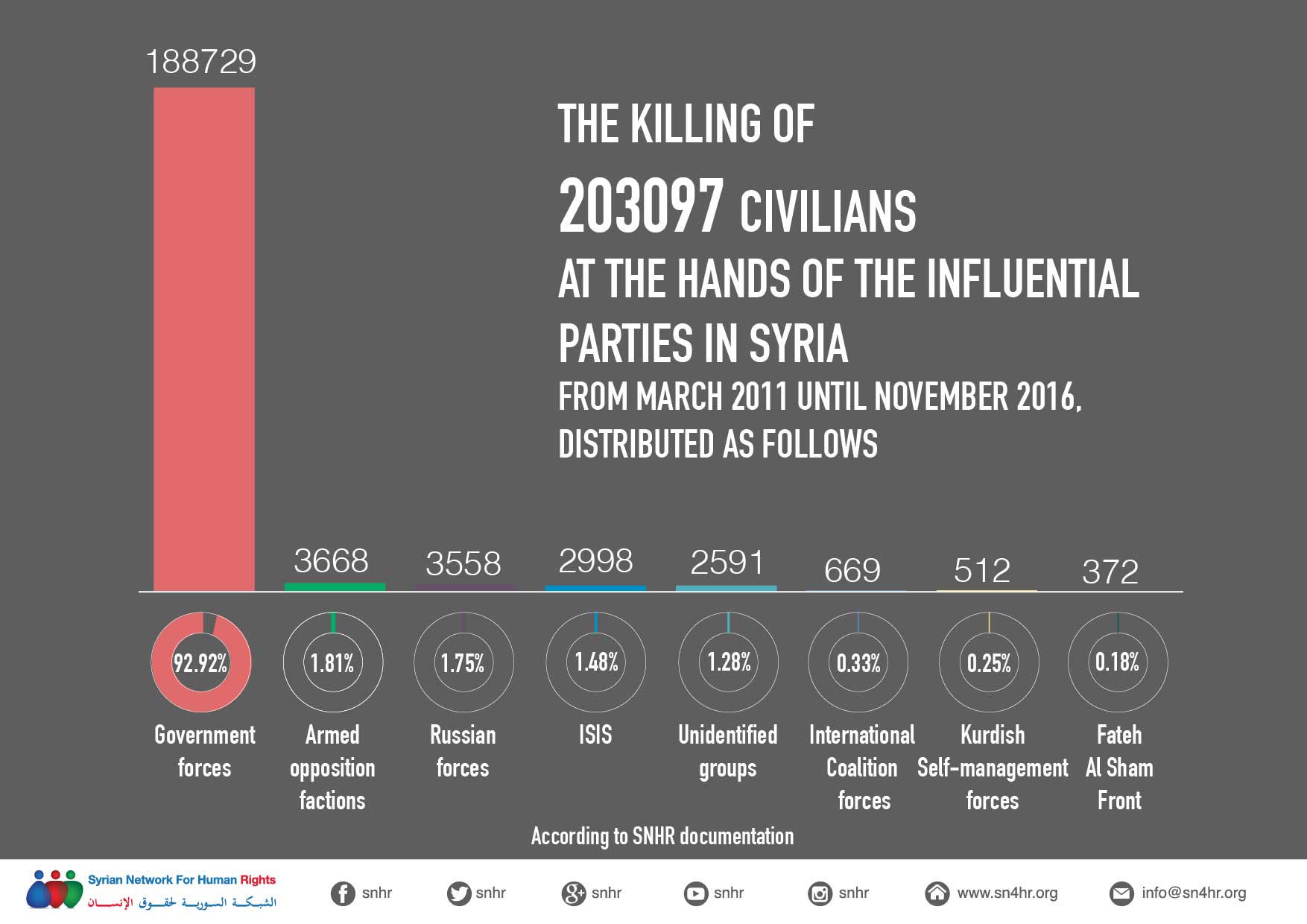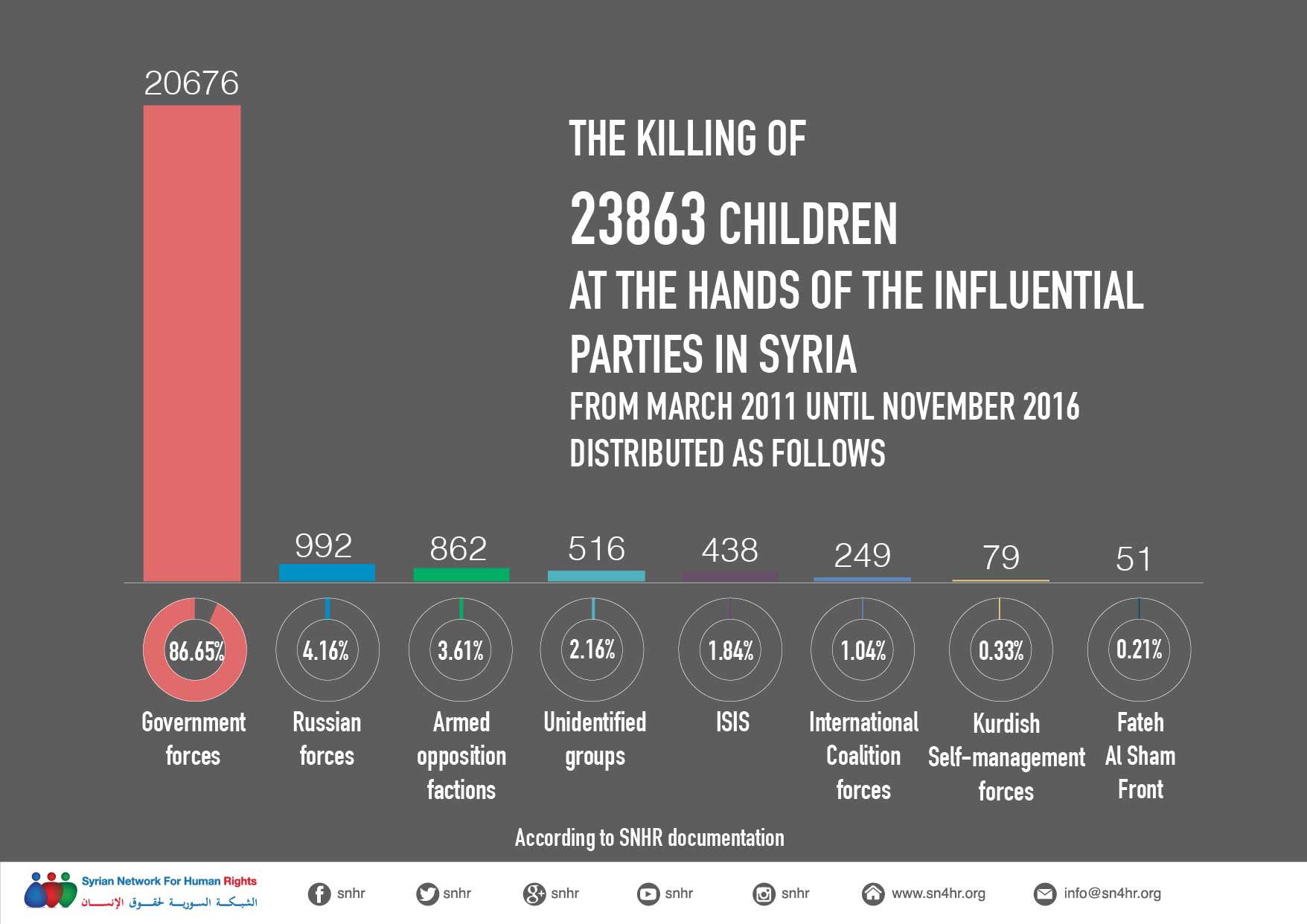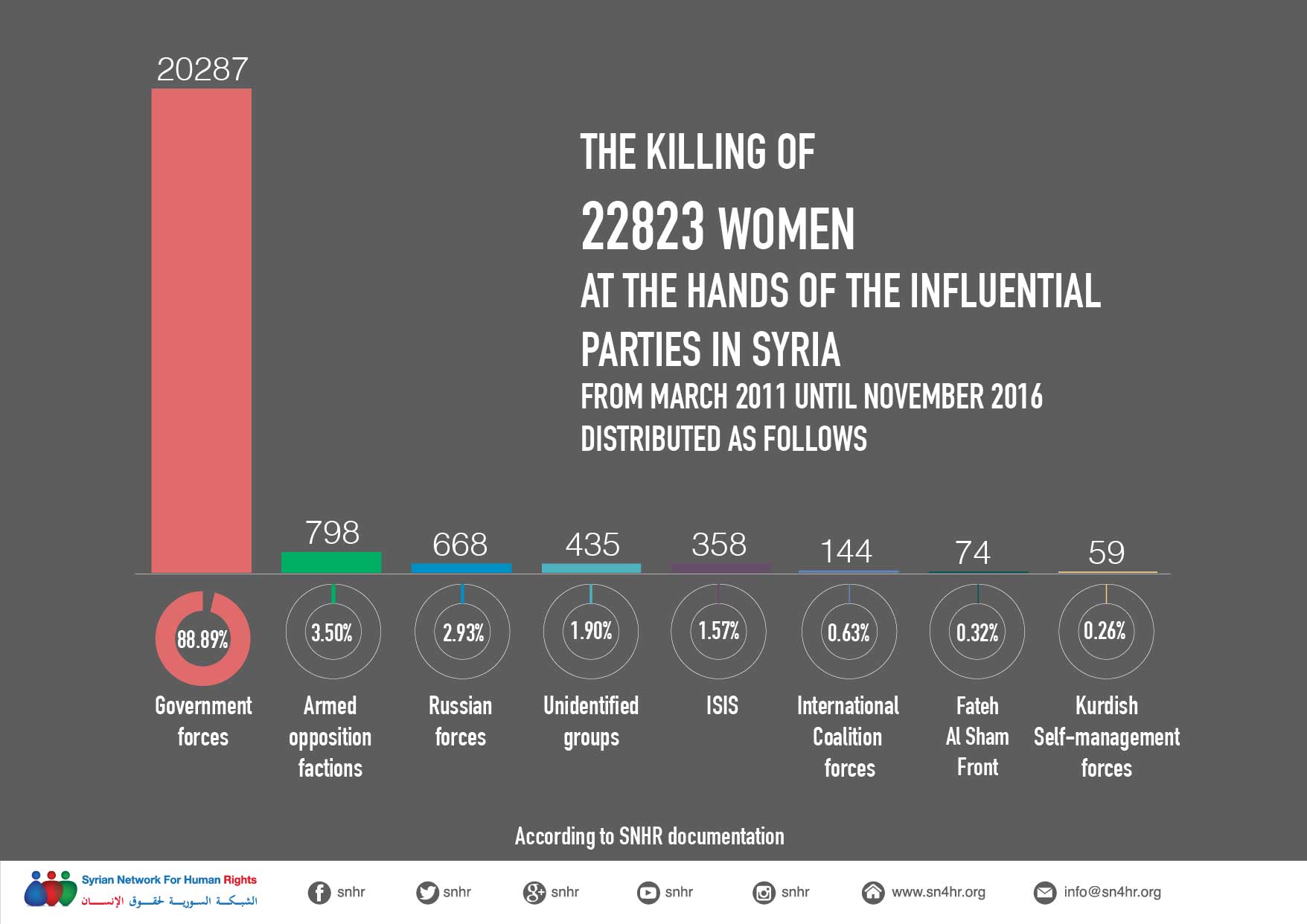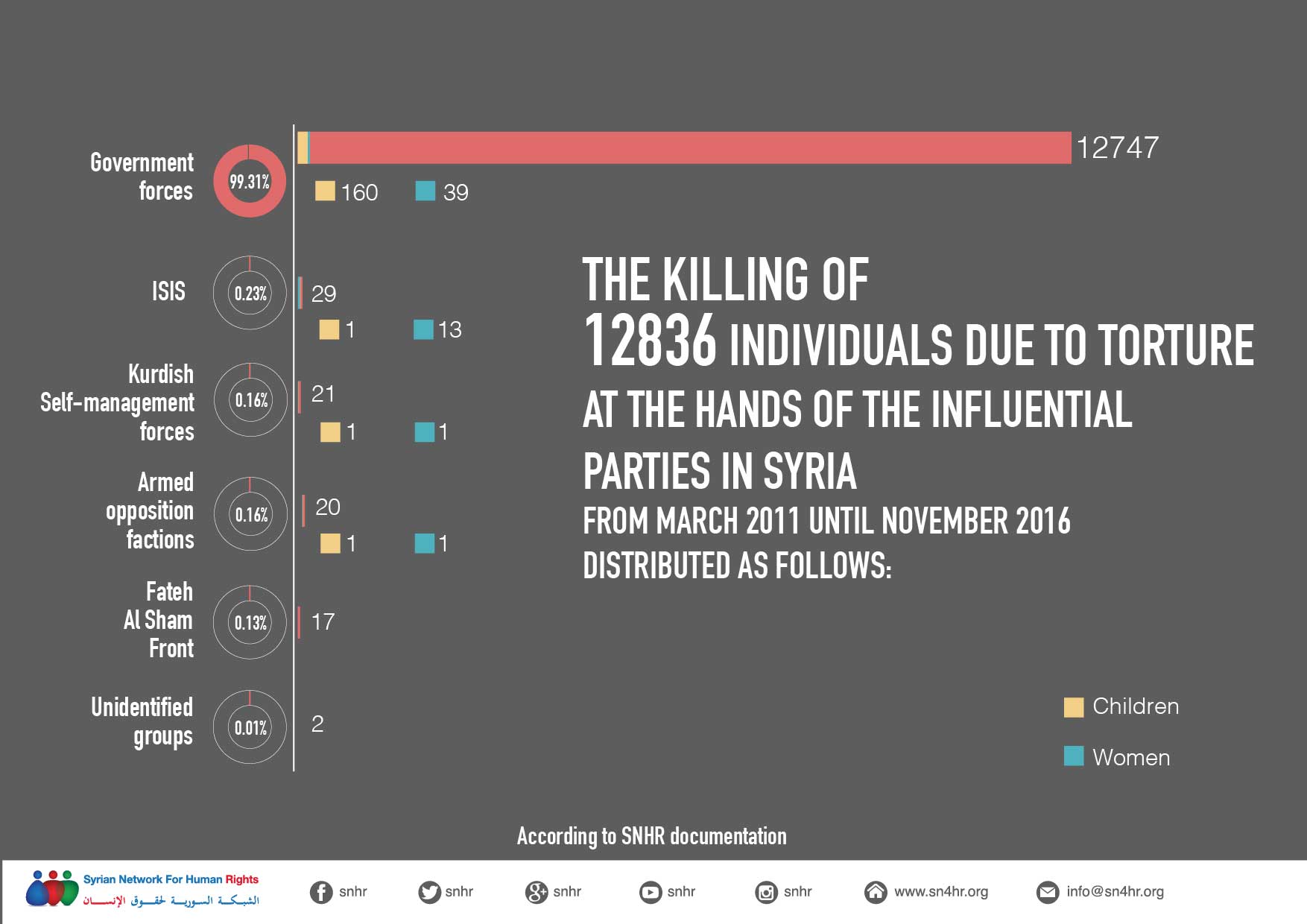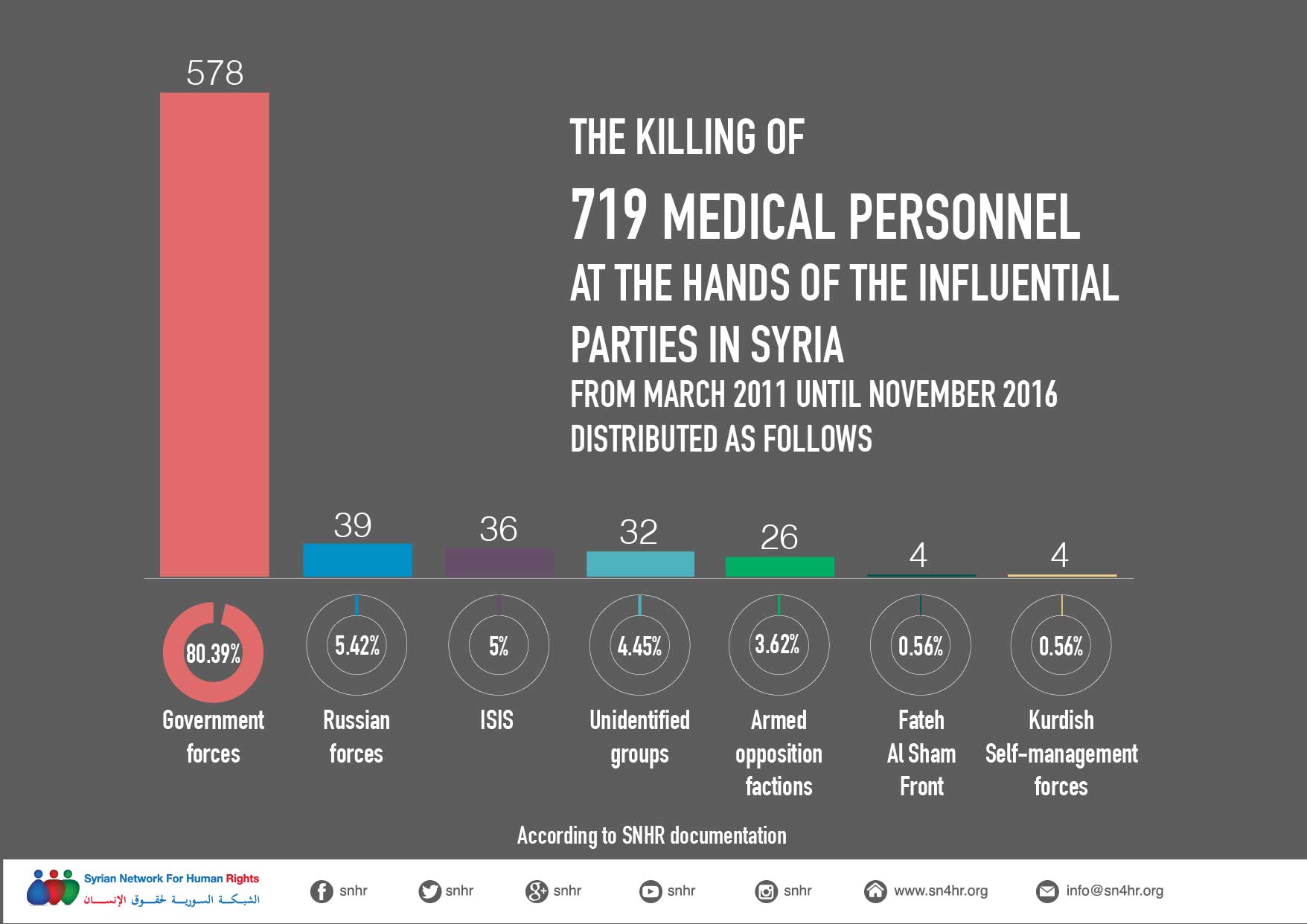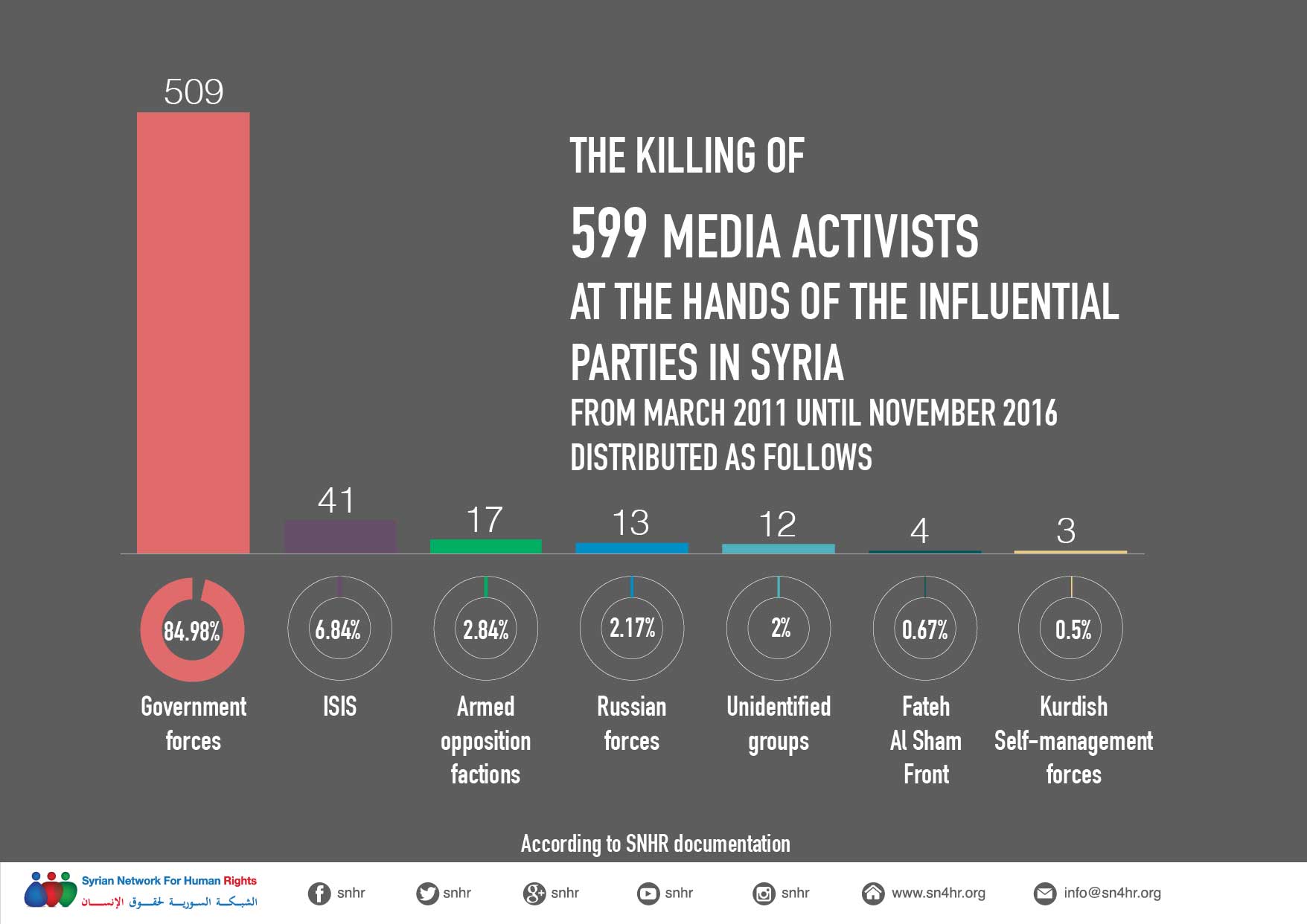by Yesim Usluca
Impunity Watch Reporter, Middle East
DAMASCUS, Syria — On Tuesday, November 15th, Russia launched new airstrikes on the rebel-held sections of Aleppo in connection with a major new offensive against forces battling President Assad.

Local civil defense sources stated that Russia and the Assad regime have carried out intense airstrikes on the opposition-held city of Aleppo for the past twenty-four hours. A civil defense official, Baybars Meshaal, added that the airstrikes have also targeted the towns of Al-Shear, Salahaddin, Haydariyah, Al-Sahur, Muyesir and Misqan Khanuna. These attacks mark the end of a nearly three-week calm that had prevailed over the region.
Mr. Meshaal indicated that the intensity of the attacks is creating difficulty for paramedics and civil defense teams to reach targeted areas. He noted that “local residents are afraid to leave their homes,” while stating that at least six people were killed and dozens more injured when a warplane struck an ambulance. He noted that those who are injured cannot be taken to a hospital because regime forces are “striking anything that moves.” Residents and a war monitor indicated that both rocket strikes by jets and barrel bombs dropped by helicopters were being used.
A children’s hospital was one of the locations hit by the attacks, destroying sections of the building. Patients, doctors and staff members were forced to take shelter in the basement. The director of the hospital posted a message on Facebook, stating that he and the hospital staff were sitting in one room in the basement, trying to protect the patients. He indicated that they are unable to leave the basement due to the continued presence of aircraft in the sky, while asking for readers’ prayers.
The U.S. State Department condemned the airstrikes as a violation of international law, by reporting that it allegedly targeted civilian infrastructure. It described the Russian airstrikes as a “disappointment.” The Pentagon spokesman stated that he “hoped” the airstrikes were not an attempt to “change the balance of power in Aleppo.” He added that Russia already has significant military capabilities within Syria, and that anything brought in from the outside, such as aircraft carriers, cruise missiles or long-range strike bombers flying in from Russia, is “done for show.”
The Russian Defense Minister, Sergei Shoigu, stated that Russia used its aircraft carrier to launch missile strikes against opposition-held areas in Syria through cruise missiles and fighter jets. He indicated that the country had started “a big operation to deliver massive strikes.” Mr. Shoigu further added that “exhaustive” research on all targets had been conducted, and that warehouses with ammunition, terrorist training centers and factories are being targeted.
For more information, please see:
The Wire—At Least Three Dead After Air Strikes Resume in Rebel-Held East Aleppo—16 November 2016
Boston Globe—Russia launches new Aleppo offensive—16 November 2016
Anadolu Agency—Russia, regime pounding Syria’s Aleppo: Local sources—16 November 2016
The Guardian—Children’s hospital in Aleppo hit as airstrikes continue—16 November 2016
